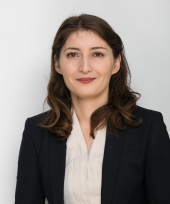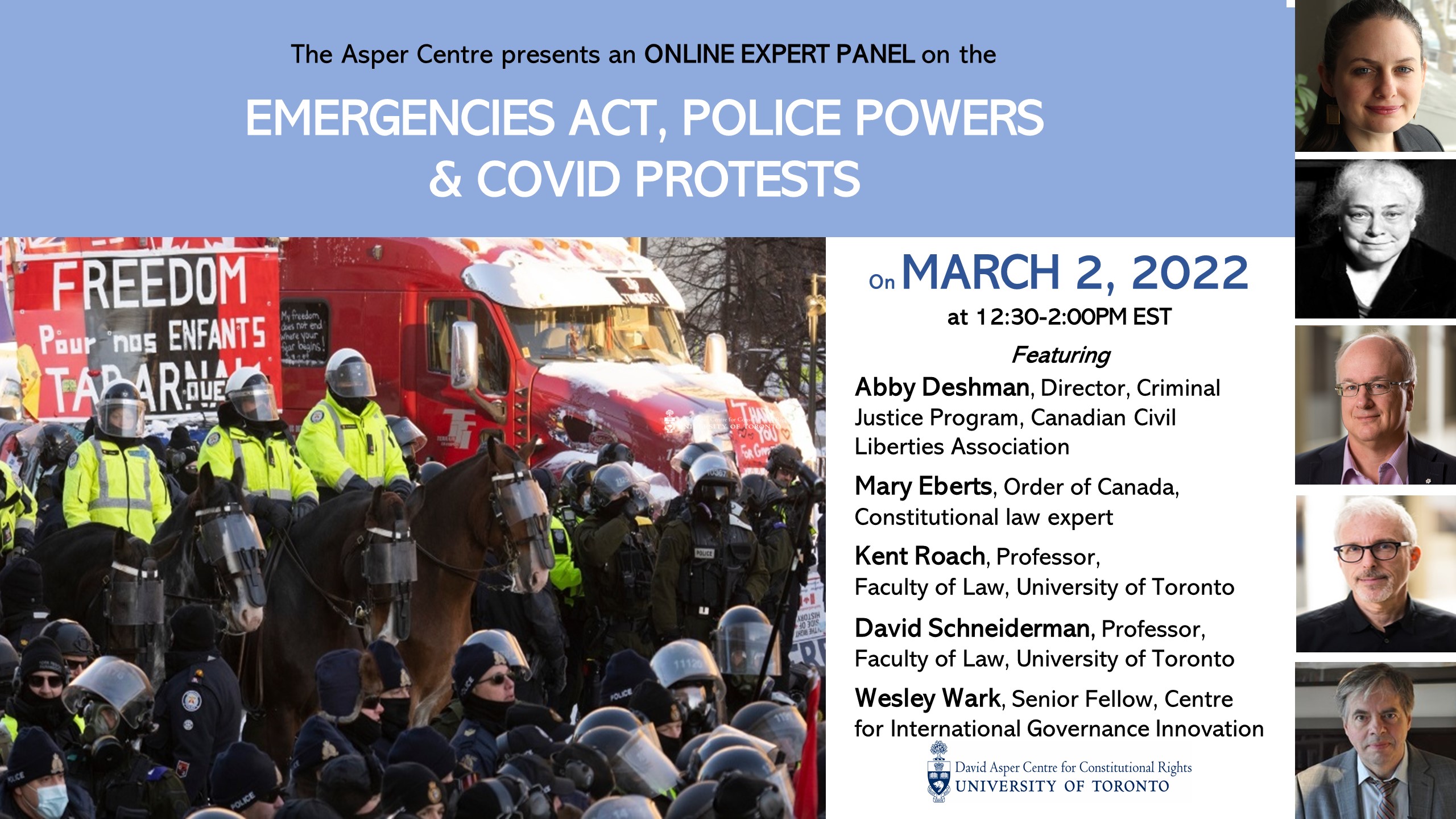Basema Al-Alami, “Entrapped: John Nuttall, Amanda Korody, and Canada’s Counterterrorism Crisis“ (October 2024) Today’s Totalitarianism, online: <https://www.todaystotalitarianism.com/entrapped-canadas-counterterrorism-crisis>.
Basema Al-Alami, "Is Canada finally taking far-right extremism seriously? Latest arrests are a positive sign" (6 June 2024), online: The Conversation <https://theconversation.com/is-canada-finally-taking-far-right-extremism....
Basema Al-Alami, "Israel isn’t complying with the International Court of Justice ruling — what happens next?" (6 February 2024), online: The Conversation <https://theconversation.com/israel-isnt-complying-with-the-international....
Basema Al-Alami, "The global call for accountability in Germany, Namibia, and Canada" (25 January 2024), online: The Hill Times <https://www.hilltimes.com/story/2024/01/25/the-global-call-for-accountab....
Basema Al-Alami, "The humanitarian crisis in Gaza: a cry for humanity" (18 October 2023), online: Toronto Star <https://www.thestar.com/opinion/contributors/the-humanitarian-crisis-in-....
Basema Al-Alami. “Canadian law enforcement agencies continue to target Muslims” (12 July 2023), online: The Conversation <https://theconversation.com/canadian-law-enforcement-agencies-continue-t....
Lisa Forman, Basema Al-Alami & Kaitlin Fajber, “An Inquiry into State Agreement and Practice on the International Law Status of the Human Right to Medicines” (2022) 24:2 Health Hum. Rights 125.
Obiora Chinedu Okafor, Titilayo Adebola & Basema Al-Alami, “Viewing the International Labour Organization’s Social Justice Praxis through a Third World Approaches to International Law Lens: Some Preliminary Insights”, in George Politakis, et al. eds, ILO 100: Law for Social Justice (Geneva: International Labour Organization, 2019), online: <https://www.ilo.org/wcmsp5/groups/public/---dgreports/---jur/documents/p....
Nathan Innocente, Basema Al-Alami, Amanda Borthwick, Alfred Pepushaj, & Harmehr Sekhon. 2018. “The Teaching Opportunity Program: Integrating Undergraduate Students in Course Design, Assessment, and Teaching.” Society for Teaching and Learning in Higher Education annual conference, Sherbrooke, QC, June 19-22.





